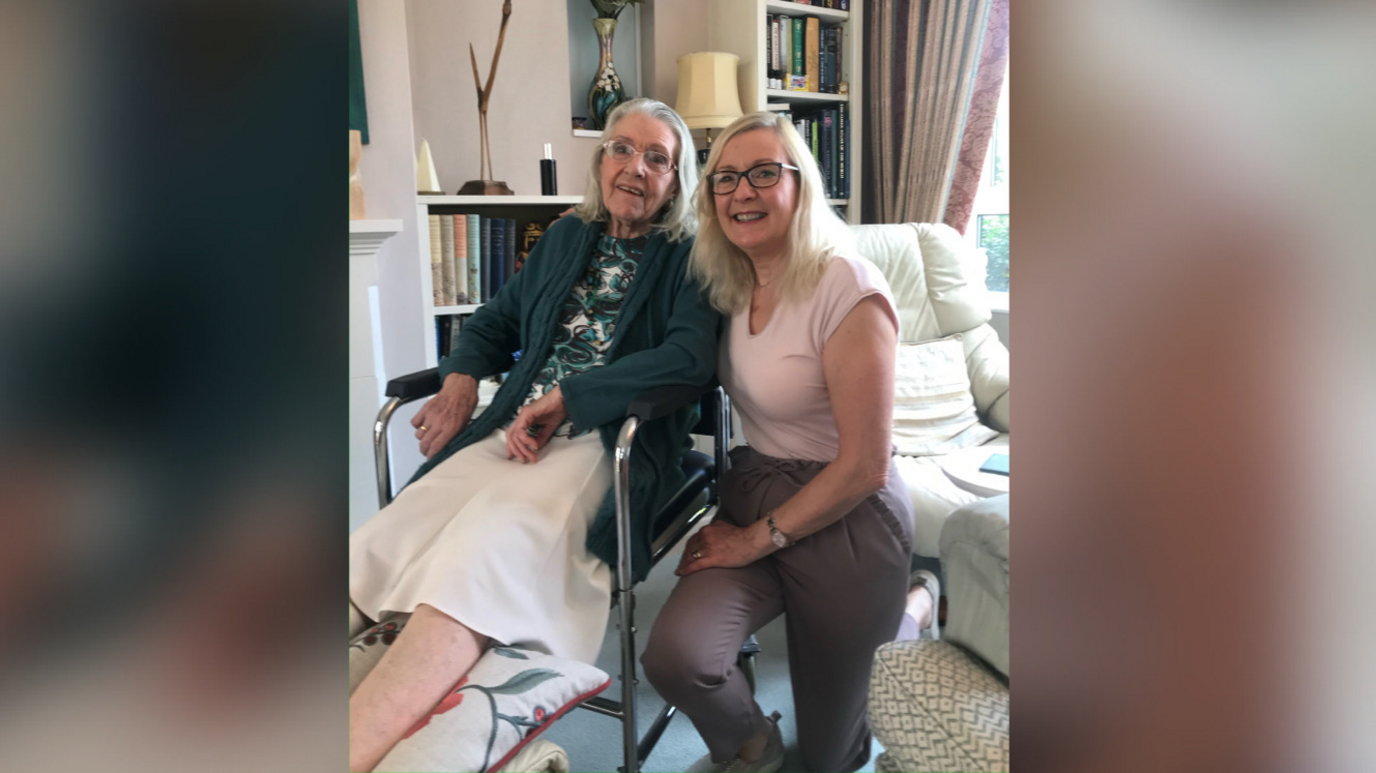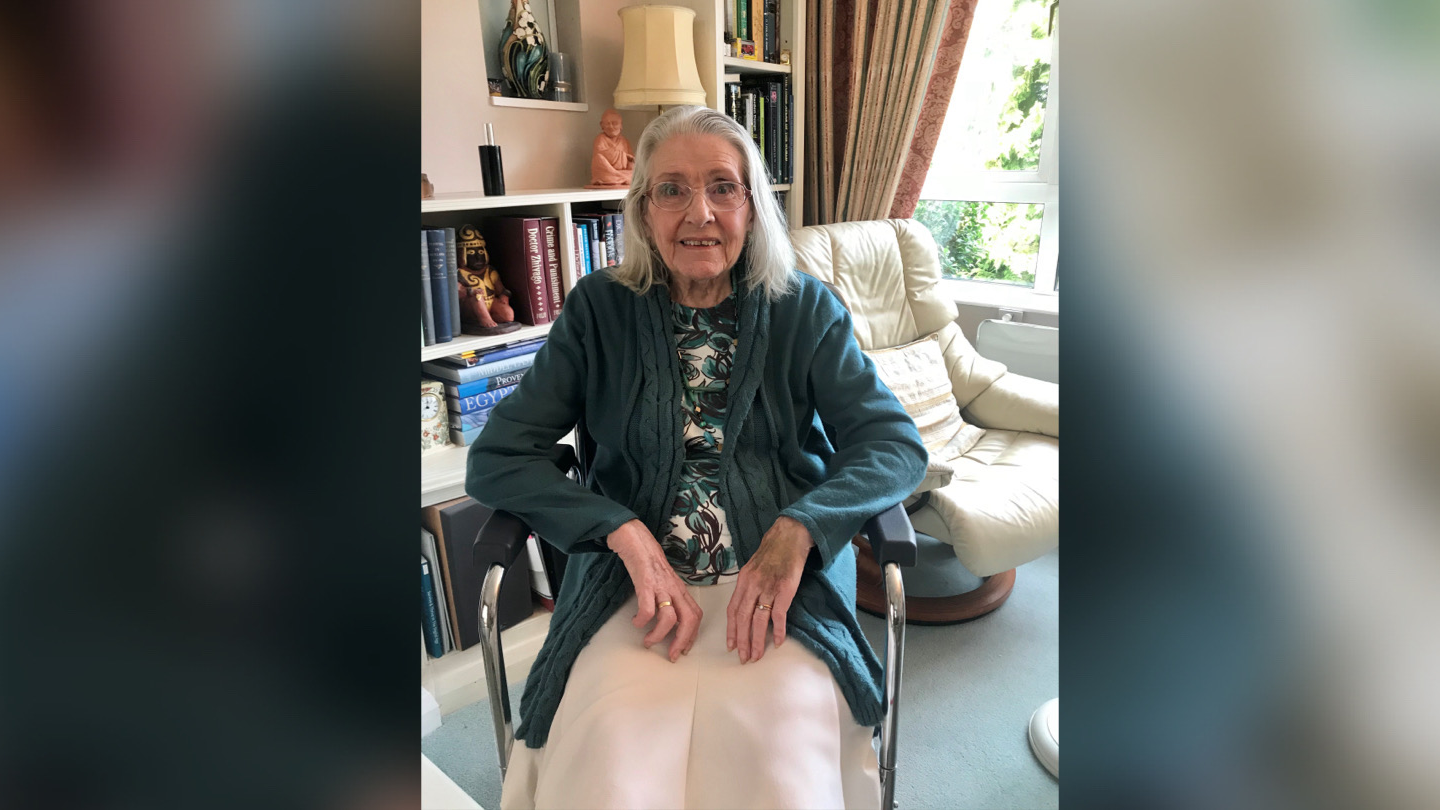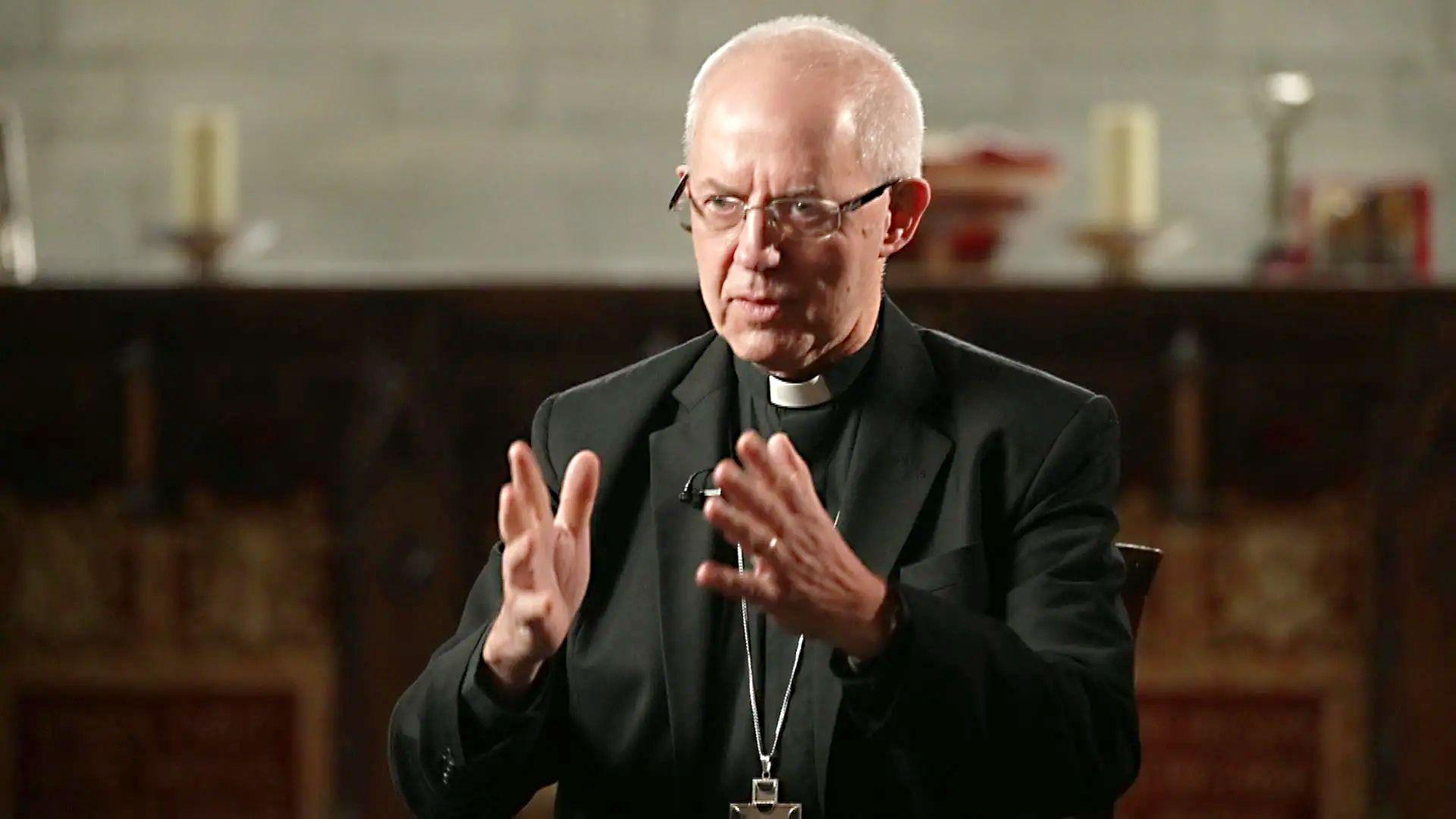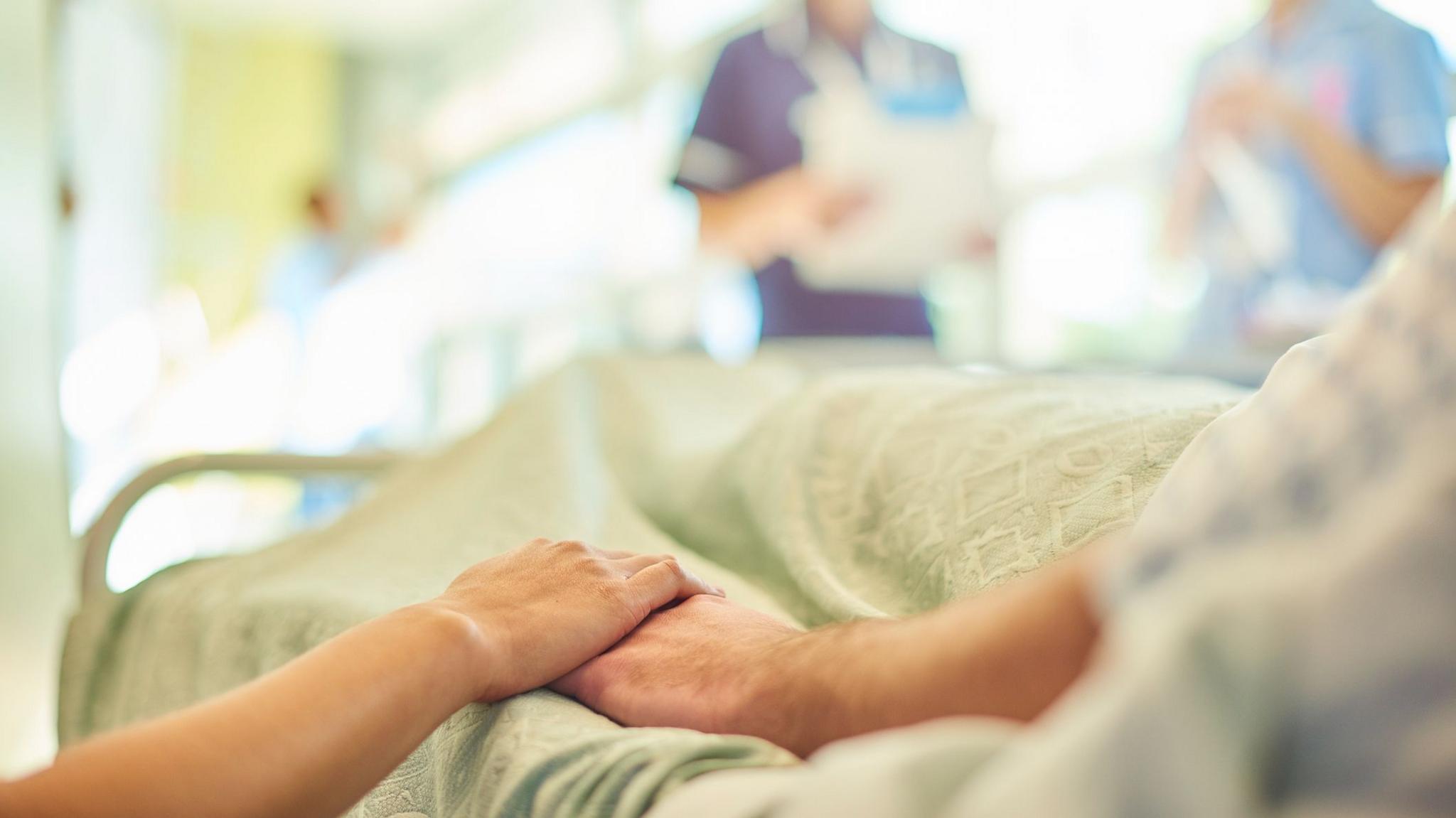Mother pleaded to be ‘put to sleep’, says daughter

Joy Roberts (right) said her mother's pleasures were “very quickly taken away from her”
- Published
A woman whose mother had Motor Neurone Disease (MND) and pleaded to be "put to sleep" has voiced her support for legalising assisted dying.
Joy Roberts, 68, said her mother Irene Wright was diagnosed with MND at the age of 89 in 2020 and suffered a "fairly rapid deterioration", during which she lost her ability to use her limbs, eat, speak or go to the toilet unaccompanied.
Ms Roberts, from Dorking, Surrey, said her mother had "very simple pleasures in life" that were "very quickly taken away from her" due to her diagnosis, including cooking and gardening.
The issue is due to be debated in Parliament in November, with MPs expected to have an initial vote on assisted dying for the first time in the House of Commons in almost a decade.
‘Couldn't hold a pencil’
Ms Roberts said: "She was not happy – she did talk about the fact that she wanted to die, that she wanted to go, she had had enough.
"There was nothing that she could do other than sit on the sofa and read books and crossword puzzle books and things like that but that was taken away from her as she couldn't hold a pencil."
Ultimately, Ms Wright died in her sleep.

Irene Wright died in her sleep after being diagnosed with Motor Neurone Disease
Ms Roberts said she would urge MPs to support the legalisation of assisted dying in the UK.
She added: "If they were really miserable and potentially going to be in a lot of pain and experience a very unpleasant death, why would you not want your loved ones to die peacefully with the people that they love at a time of their choosing?"
Others have voiced their concerns with assisted dying, including the Archbishop of Canterbury who called it "dangerous".
He suggested it would lead to a "slippery slope" where more people would feel compelled to have their life ended medically.
Archbishop Justin Welby told the BBC he believed legalising assisted dying "opens the way to it broadening out, such that people who are not in that situation [terminally ill] asking for this, or feeling pressured to ask for it".
Kim Leadbeater, the Labour MP who introduced the assisted dying bill to Parliament, said the bill was only about terminally ill people, not people with disabilities or mental health conditions, and there would be clear criteria set for access, as well as medical and judicial safeguards.
Charity Right to Life also said it thought the legislation was a "disaster in waiting".
A charity spokesperson said making assisted suicide legal posed an "acute threat to vulnerable people, especially in the context of a struggling healthcare system".
"The UK needs properly funded high-quality palliative care for those at the end of their life, not assisted suicide," they added.
Follow BBC Surrey on Facebook, external, and on X, external. Send your story ideas to southeasttoday@bbc.co.uk, external or WhatsApp us on 08081 002250.
- Published16 October 2024

- Published4 October 2024

